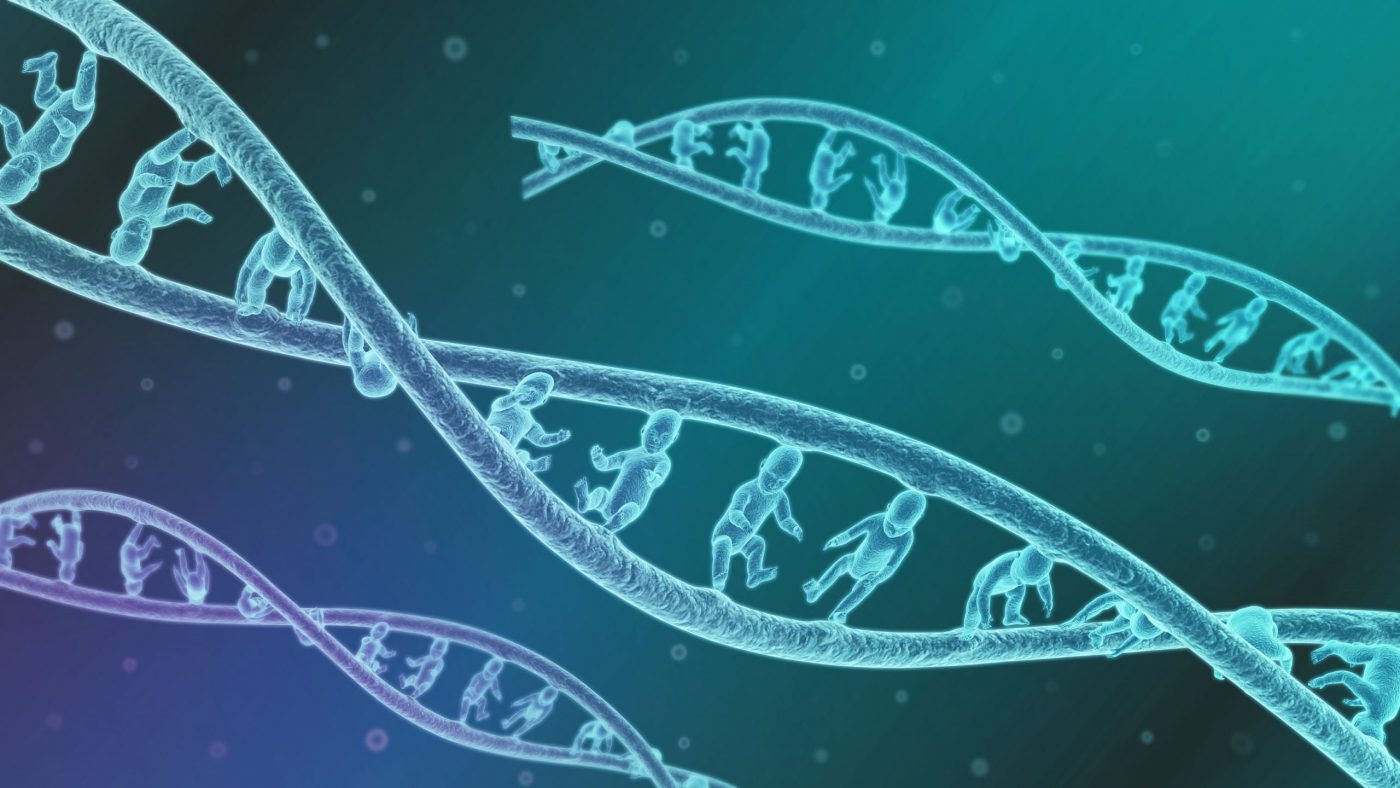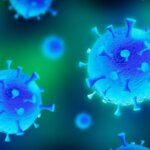A study in Science Advances takes a comprehensive look at the significance of genetic factors when it comes to cancer development.
As part of a team at the University of Calgary, they analyzed the germline genomes of nearly 10,000 patients diagnosed with cancer, in addition to over 16,000 non-cancer participants.
“By conducting a systematic analysis of germline genomes of 9712 cancer patients representing 22 common cancer types along with 16,670 noncancer individuals, we identified seven cancer-associated germline genomic patterns (CGGPs), which summarized trinucleotide mutational spectra of germline genomes,” the findings showed.
“Furthermore, subgroups defined by the CGGPs were significantly associated with distinct oncogenic pathways, tumor histological subtypes, and prognosis in 13 common cancer types, suggesting that germline genomic patterns enable to inform treatment and clinical outcomes.”
The findings may explain how cancer risk may be encoded within germline genomes, providing for better treatment decisions.
“These results implied that contributions of CGGPs in patients’ germline genomes could play an important role in affecting gene regulation programs in normal tissues and are implicitly associated with oncogenic pathways in tumor progression and metastasis,” the findings concluded.


